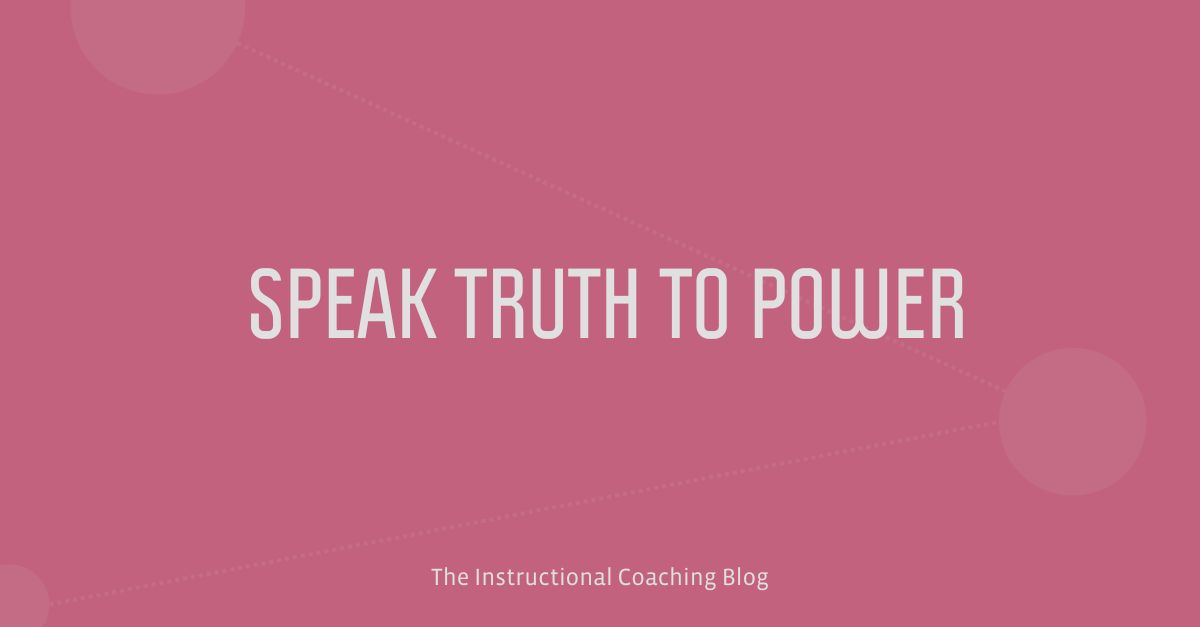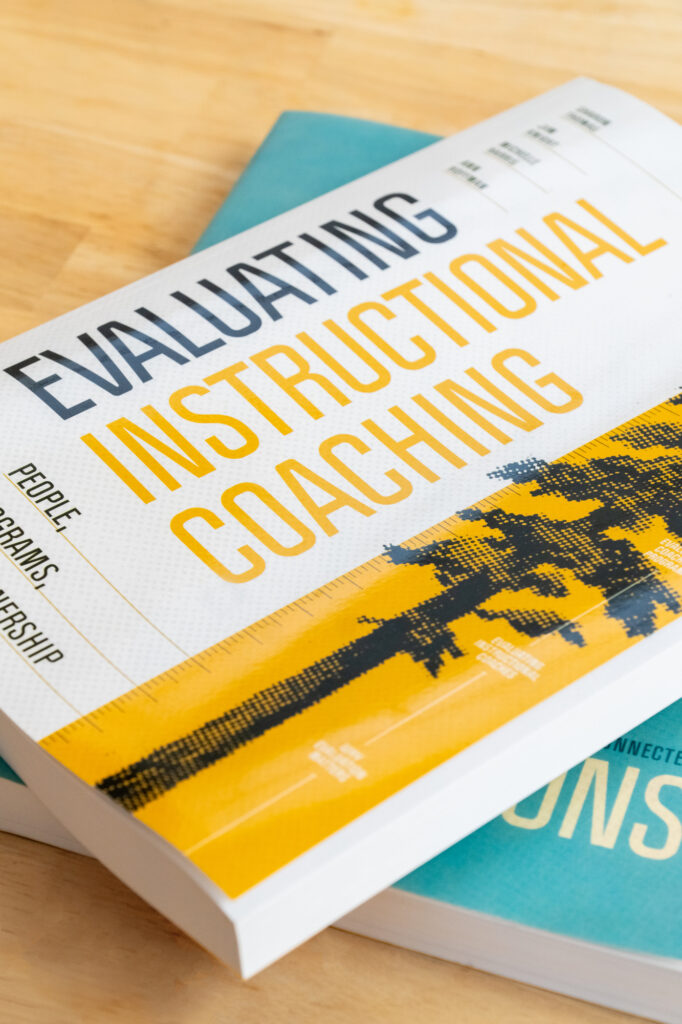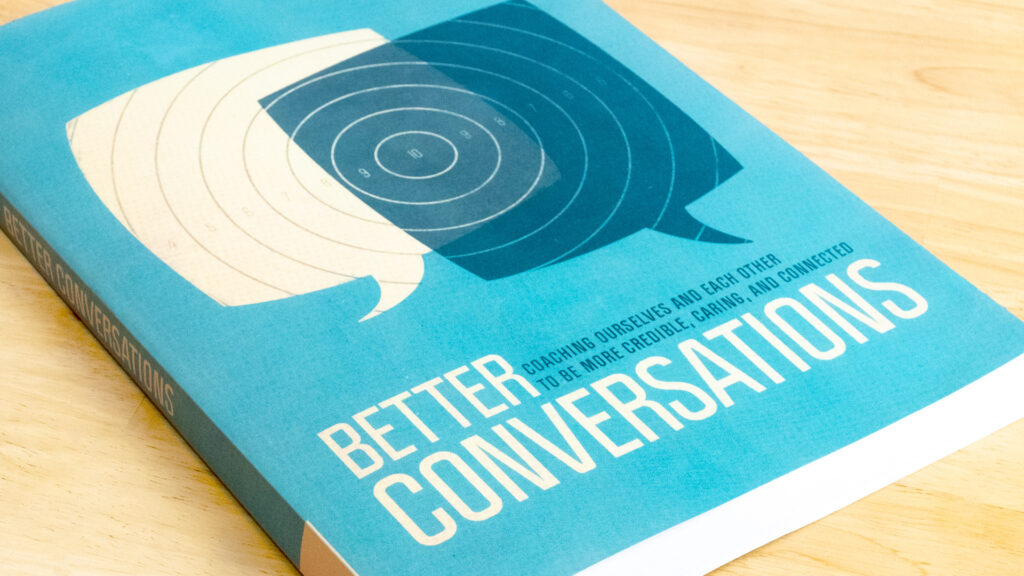There are people still in darkness. And they just can’t see the light. If you don’t say it’s wrong then that says it’s right. None of us are free when one of us are chained. None of us are free.—Solomon Burke
“Speak truth to power” is my good friend Jean Clark’s favorite phrase.
When we do the work of reaching out to students, doing our best to ensure all students are learning, we have to, according to Jean, “speak truth to power.”
I think Jean has in mind the same thing as the late, great, soul singer Solomon Burke when he sings that none of us are free when one of is chained. (You can see Solomon Burke sing the song with the Blind Boys of Alabama here).
To speak truth to power is to speak out when we see oppression in its many and varied manifestations. To speak truth to power is to speak up when we hear racist or sexist comments, when we hear people dismissing children by holding low expectations for students who hold amazing potential, or whenever we hear others being objectified, dehumanized, or stereotyped.
When we speak truth to power, we often have to be the voice for others who have lost the ability to speak for themselves, because institutions or individuals have misused their power to diminish others. Speaking truth to power, I believe, is not just about standing up to those who are above us in an organization. When we speak truth to power, we should also stand up for what is right when we see oppression rise up in more subtle ways. When we see someone being bullied, it is easy to recognize that we must act, but when we stand up against an organizational culture, it is much harder to step outside the culture and say what needs to be said.
Too often, organizational culture trivializes those actions that are most important for moving forward, such as a deep belief in the moral purpose of teaching, a commitment to personal learning and growth, or articulation of the importance of being empathetic towards our students or their parents.
I had lunch not so long ago with a wonderful instructional leader, an unabashed Radical Learner, and during our meal together, I learned that she had just finished her PhD and that she passionately loved continuing studying about leadership, organizational change, and instruction. She related that when her colleagues kind of gave her a blank stare as if to say they had no idea why someone would be so committed to learning, my friend held up her hand in the universal sign for loser, and said, “Yeah, I know, I’m a loser.” Such is the power of culture.
We don’t want to suggest we are better than others, and we don’t want to stand out from a given culture in which we live or work, so we tend to acquiesce or put ourselves down. But the truth is that my friend is anything but a loser—just the opposite, her personal learning makes her a better leader, a person much better able to make a difference. And this is when speaking up is especially important.
Learning, personal growth, and commitment to students, these values need to be celebrated, not downplayed. School culture can be as oppressive as any power-tripping egomaniac. Speaking truth to power, then, is not just about addressing oppressive leaders. Speaking truth to power is about creating the kind of classroom culture that is best for everyone—students, educators, and parents.
As Susan Scott has explained, culture is shaped one conversation at a time. When we speak truth to power, we speak up to create cultures where learning, humanity, and respect are celebrated, not trivialized. And we need to take Solomon Burke’s words to heart: “If you don’t say it’s wrong, then that says it’s right.”



























